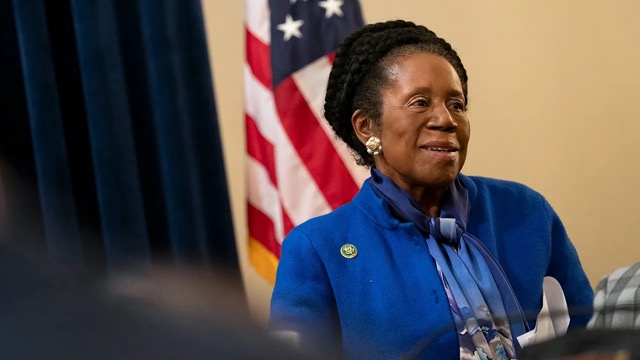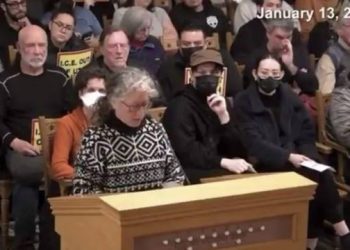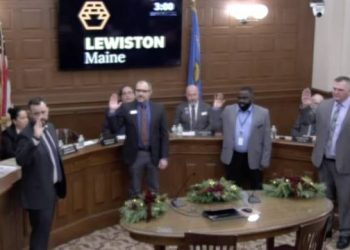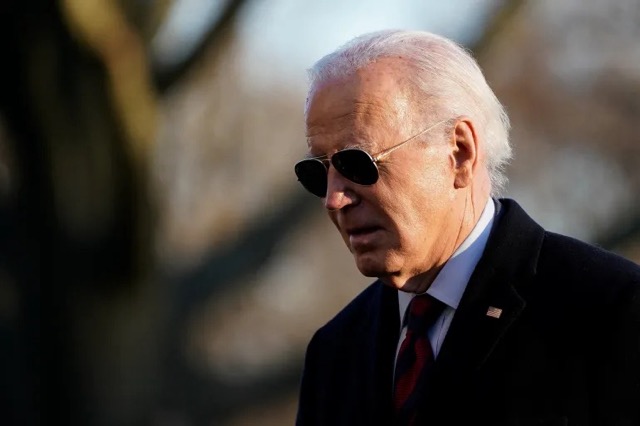It seems that not even death can stop Democratic lawmakers from remaining active on social media.
According to a report by Politico, a growing number of social media accounts belonging to deceased members of Congress continue to be active online. Over the past year, these accounts have been observed liking posts, commenting, and even updating profile pictures—sometimes long after the account holder’s passing.
One of the latest cases involves Virginia Democrat Gerry Connolly, who died of esophageal cancer last month. His social media accounts continued to post, including one urging followers to vote. That particular post was later removed. Additionally, Connolly’s email list has reportedly been used to raise money for the campaign of his successor.
In another instance, the late Rep. Sheila Jackson Lee of Texas liked an Instagram post congratulating Zohran Mamdani, a self-proclaimed communist, on his New York City Democratic primary win.
Her successor, Rep. Sylvester Turner, followed a similar trend. Despite dying in March after just two months in office, Turner’s account recently posted in celebration of the MLB season. The platform’s Community Notes feature had to step in to inform users that Turner had passed away.
The question of who is controlling these accounts remains largely unanswered.
As the Politico report explains:
“How to handle the social media presence of politicians when they die is a fairly new phenomenon. If a member of the House dies, for example, their office often remains open to fulfill constituent services — and sometimes continues posting to social media, albeit not typically under the lawmaker’s name. And there’s even less clarity around lawmakers’ social media accounts that they use for campaigning, as opposed to official work.”
Zack Brown, former communications director for Rep. Don Young (R-Alaska), who died in office in March 2022, noted that there’s no official protocol for managing lawmakers’ social media accounts after their death. “That leaves communications staff in an awkward bind on how to proceed with languishing accounts,” he said.
While there were rules preventing political or ideological content from being posted to Young’s accounts, there was no guidance on the future of the accounts themselves.
The most plausible explanation is that account managers are using the reach of the deceased to maintain influence or drive engagement. But among the public, there’s growing discomfort—many find the practice strange, unwarranted, and in some cases, flat-out unethical.
 Telegram is where we really talk. Don't miss out!
Telegram is where we really talk. Don't miss out!








